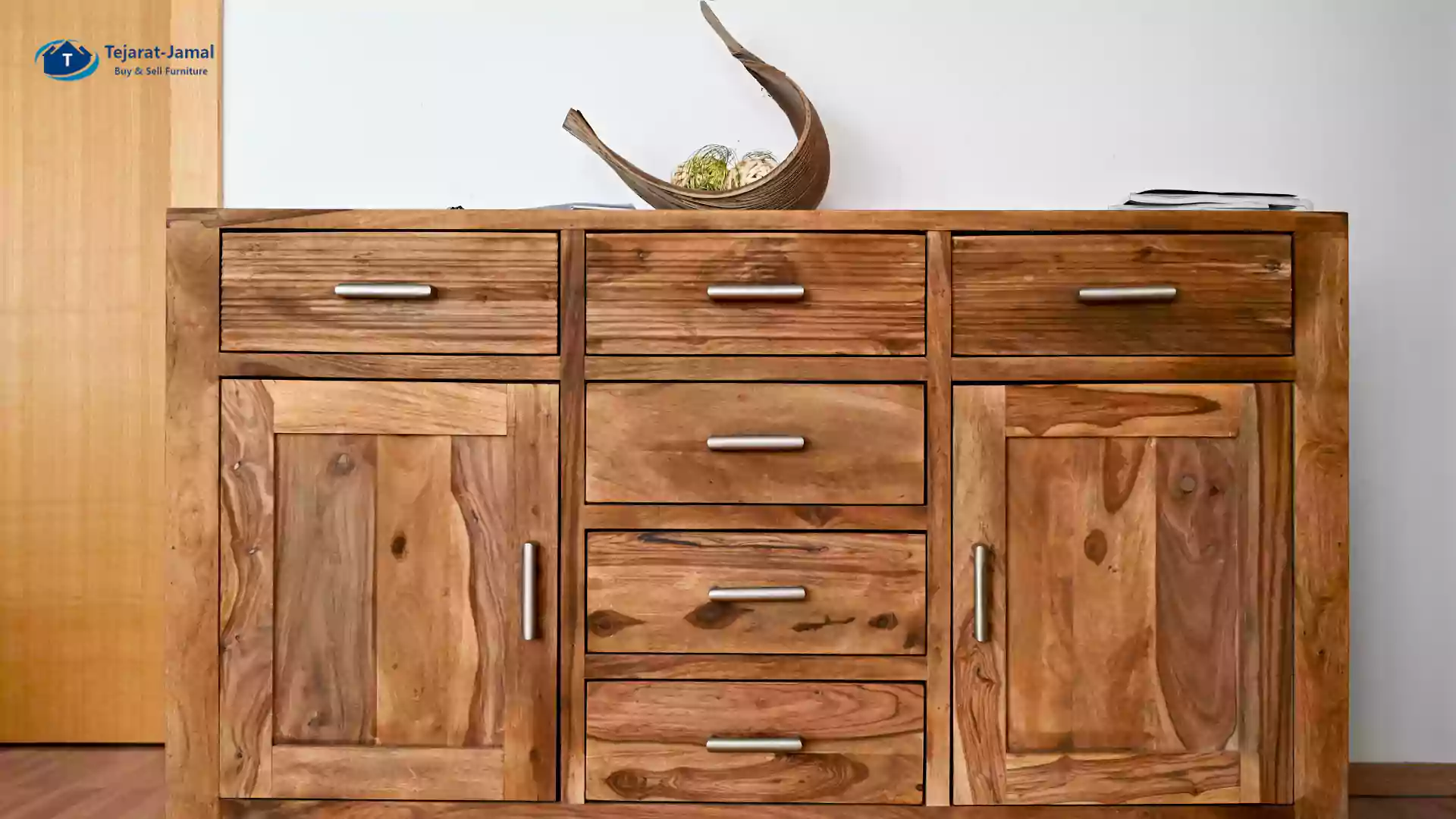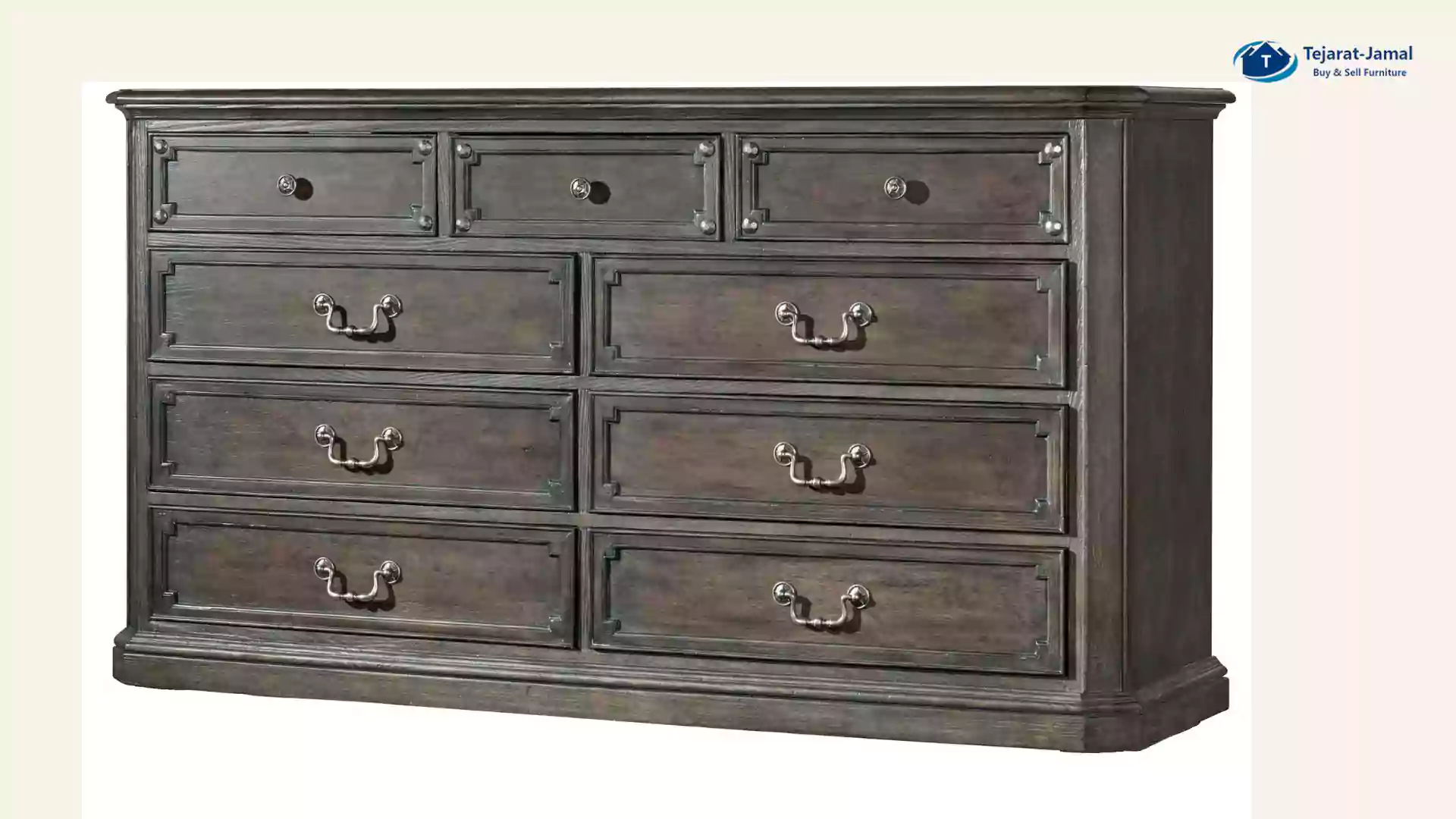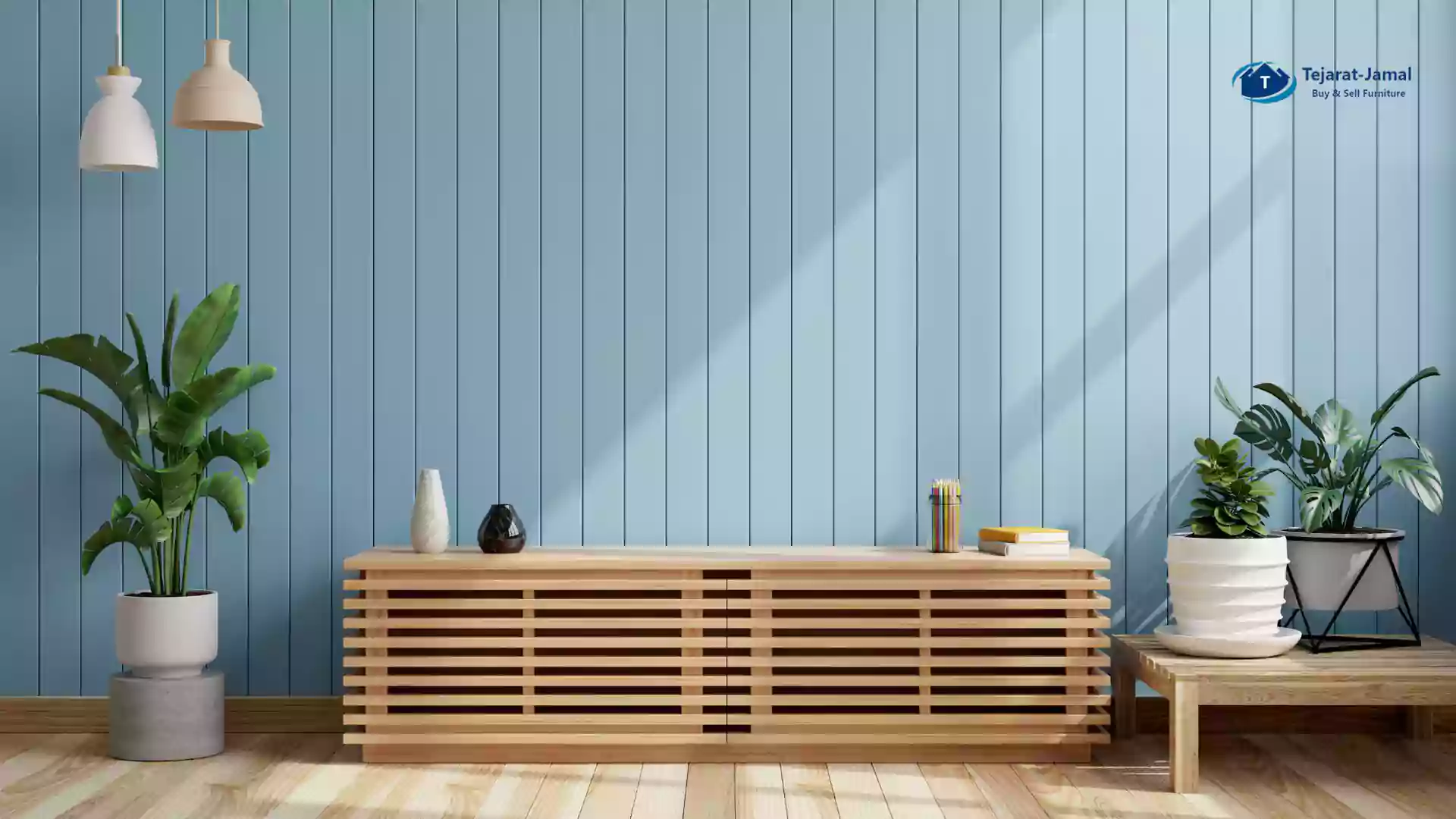In an era where sustainability is more critical than ever, buying and selling second hand furniture has emerged as an eco-friendly solution for both consumers and the planet. Furniture production is resource-intensive, involving significant amounts of wood, metal, and plastic. By opting for second hand furniture, we reduce waste, conserve resources, and help combat climate change. This blog explores the profound environmental benefits of engaging in the second hand furniture market. It highlights how TEJARAT JAMAL, in Taif, Saudi Arabia, contributes to a greener world through its furniture-buying services.
Reducing landfill waste by buying and selling second hand furniture.
One of the most significant benefits of buying and selling second-hand furniture is reducing the waste sent to landfills. Discarded furniture often ends up in dumps, where it contributes to the growing solid waste problem. Items like sofas, tables, and cabinets take years to decompose and may release harmful chemicals into the soil and air.
By giving the furniture a second life, we:
- Minimize landfill waste: Each piece of reused furniture means one less item in the trash.
- Prevent pollution: Second-hand furniture reduces the demand for new production, which often involves toxic chemicals and synthetic materials.
TEJARAT JAMAL’s efforts to buy and sell second-hand furniture ensure that fewer items go to waste, aligning with global waste management goals.

Buying and selling second hand furniture helps conserve natural resources.
Furniture production consumes many natural resources, including timber, water, and energy. Overharvesting forests for wood threatens ecosystems and biodiversity. Additionally, the manufacturing process often involves mining metals and processing plastics, which are resource-intensive activities.
By choosing second-hand furniture, consumers:
- Save trees: Reusing wooden furniture reduces the need for logging.
- Conserve energy and water: Refurbishing existing furniture is far less resource-intensive than creating new pieces from raw materials.
- Protect ecosystems: Lower demand for raw materials helps preserve natural habitats.
TEJARAT JAMAL encourages sustainable practices by facilitating the trade of pre-loved furniture, promoting a circular economy that conserves resources.
Lowering Carbon Emissions
The furniture industry has a significant carbon footprint due to manufacturing and transportation processes. For example, producing a single piece of furniture can involve emissions from:
- Harvesting raw materials.
- Processing and manufacturing.
- Transporting goods to retailers and customers.
When you buy and sell second-hand furniture:
- Carbon emissions decrease: Refurbished or reused furniture doesn’t require energy-intensive production.
- Transportation impact lessens: Local exchanges reduce the need for long-distance shipping.
By purchasing second-hand furniture from TEJARAT JAMAL, individuals in Taif can significantly reduce their carbon emissions, promoting cleaner air and a healthier planet.
Encouraging a Circular Economy
A circular economy focuses on reducing waste, reusing products, and recycling materials to create a sustainable cycle. Second-hand furniture is a prime example of this concept.
- Extending product life: Buying and selling used furniture extends the lifespan of items, reducing the demand for new goods.
- Boosting local economies: Furniture resale businesses like TEJARAT JAMAL contribute to local economic growth while promoting eco-friendly values.
- Inspiring sustainable habits: Engaging in the second-hand market encourages others to adopt more responsible consumption patterns.

Supporting Creative Upcycling
Second-hand furniture offers endless opportunities for creative upcycling, allowing individuals to turn old pieces into something unique and functional.
- Less waste, more creativity: Upcycling reduces the need for new materials and inspires innovation.
- Personalized décor: Reimagined furniture adds character and individuality to living spaces.
- Cost-effectiveness: Refurbished pieces often cost significantly less than brand-new items, making sustainable choices more accessible.
TEJARAT JAMAL supports upcycling by providing high-quality second-hand furniture, inspiring customers to unleash their creativity while contributing to environmental preservation.
Minimizing Harmful Chemicals
New furniture often contains chemicals used in manufacturing processes, such as formaldehyde and volatile organic compounds (VOCs). These substances can off-gas into homes, posing potential health risks and environmental concerns.
Choosing second-hand furniture:
- Reduces chemical exposure: Older furniture has already undergone most of its off-gassing process.
- Promotes healthier homes: Used furniture contributes to cleaner indoor air quality.
By choosing second-hand furniture from TEJARAT JAMAL, customers can enjoy safer and more sustainable living environments.
Raising Awareness of Sustainable Practices
Every purchase of second-hand furniture sends a message about the importance of sustainable consumption. It demonstrates how individual actions can collectively make a significant environmental impact.
TEJARAT JAMAL offers a platform for buying and selling furniture and educates the Taif community about the environmental benefits of second-hand goods. By fostering a culture of sustainability, the company empowers individuals to make informed, eco-friendly decisions.
The environmental benefits of buying and selling second-hand furniture are undeniable. From reducing landfill waste to conserving resources and lowering carbon emissions, second-hand furniture plays a vital role in protecting our planet. Companies like TEJARAT JAMAL in Taif, Saudi Arabia, exemplify how businesses can drive positive environmental change by facilitating the trade of pre-owned furniture.
By embracing second-hand furniture, we not only contribute to a greener future but also inspire others to adopt sustainable lifestyles. Together, we can make a significant difference—one piece of furniture at a time.

FAQs
- Why is buying second-hand furniture better for the environment?
Buying second-hand furniture reduces waste, conserves natural resources, and lowers carbon emissions associated with manufacturing and transportation.
- How does second-hand furniture promote sustainability?
It extends the life of products, reduces demand for raw materials, and encourages a circular economy by reusing and recycling goods.
- Are there health benefits to choosing second-hand furniture?
Yes, second-hand furniture has often already off-gassed harmful chemicals like VOCs, making it a safer choice for indoor air quality.
- Can second-hand furniture still look stylish and modern?
Absolutely! With upcycling and creative refurbishing, second-hand furniture can be transformed into unique, stylish pieces.
- How does TEJARAT JAMAL support sustainability in Taif?
TEJARAT JAMAL provides a platform for buying and selling high-quality second-hand furniture, promoting eco-friendly practices and educating the community on sustainability.
Ready to Buying and Selling Second Hand Furniture? Contact TEJARAT JAMAL today and discover the difference!
📞 Call us at +966 53 418 9894, +966 55 760 9049
🌐 Visit us at tejarat-jamal.com







